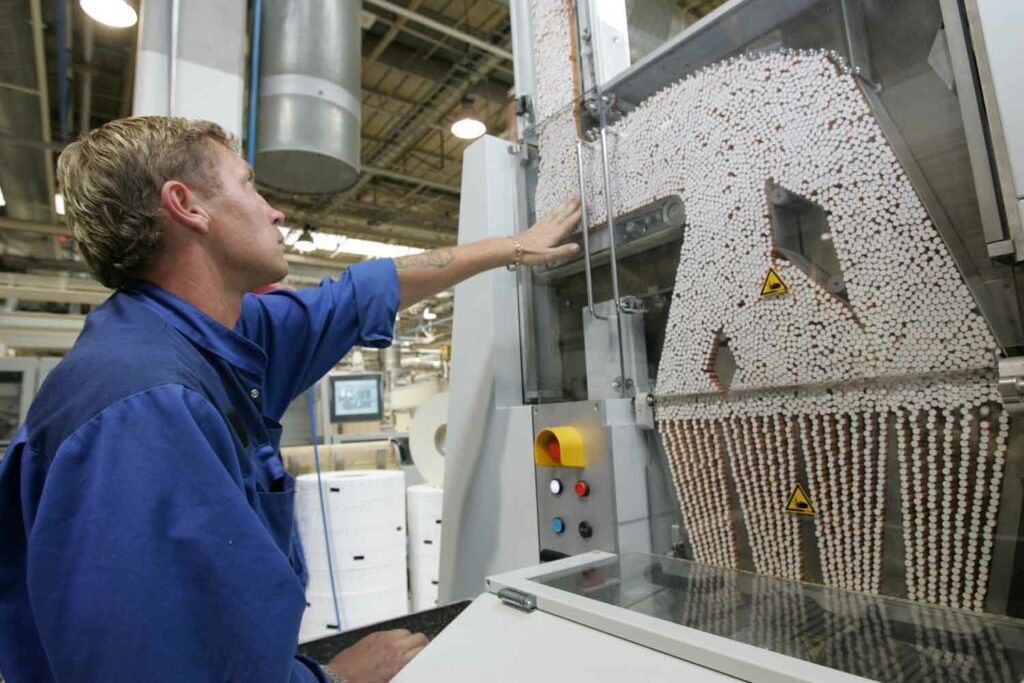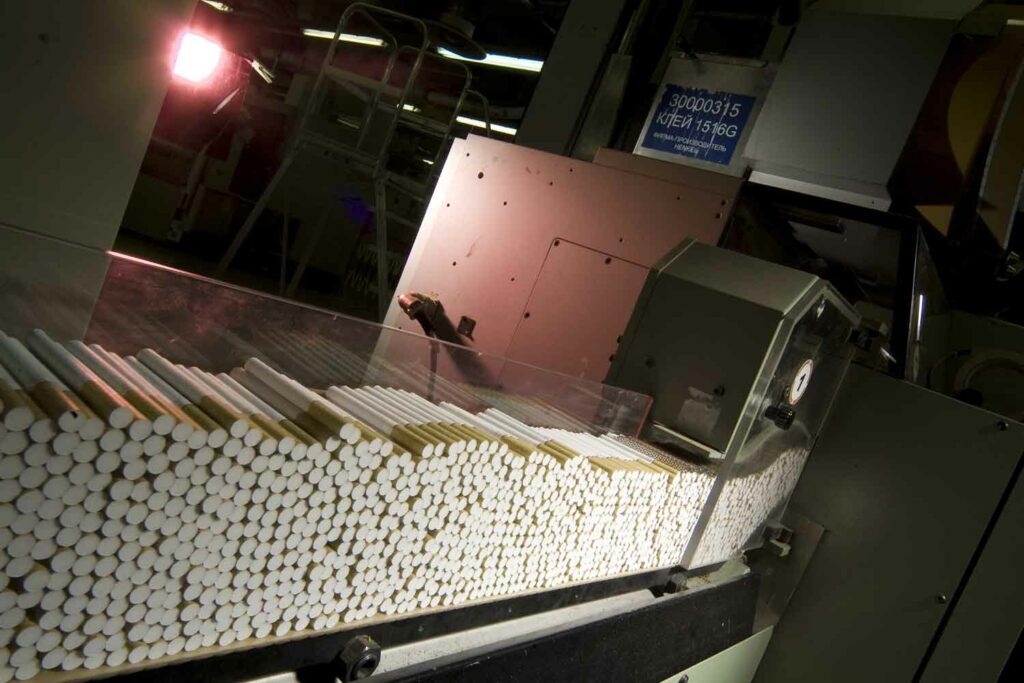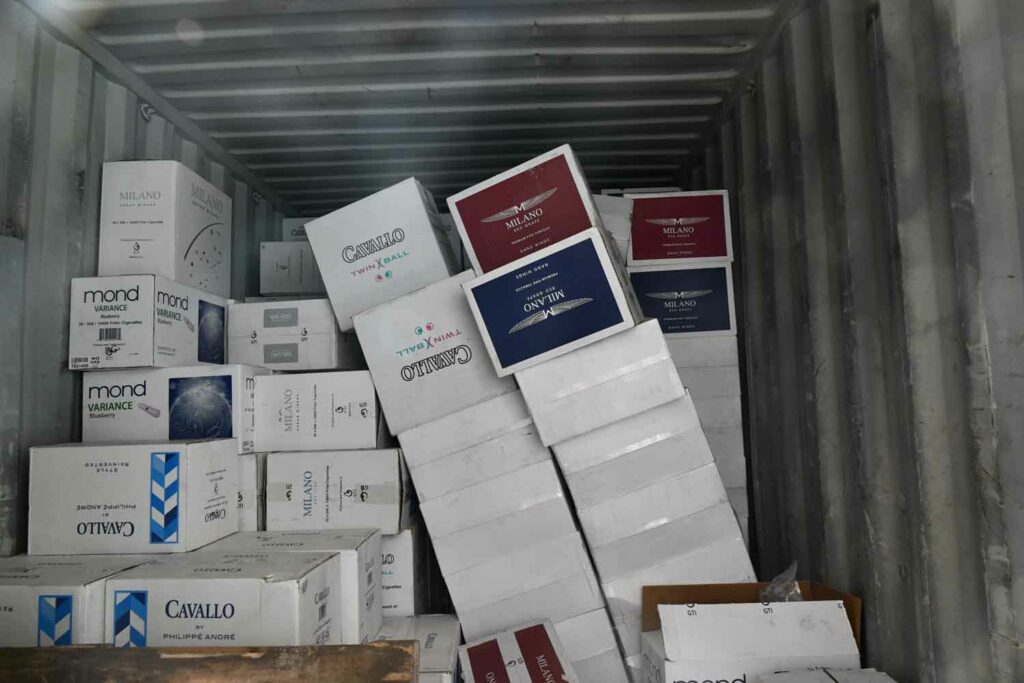Looming Nationalization
Since early 2022, all leading Western firms have been pressured to sever their ties with the Russian and Belarussian markets. Not all tobacco firms, however, were quick to do so.
In August 2023, Ukraine’s National Agency on Corruption Prevention even added Philip Morris International and Japan Tobacco International to the list of “international war sponsors” for not pulling a plug on Russian operations. The Ukrainian government agency claimed that both companies generated solid revenue in Russia and kept paying taxes to the Russian budget.
Imperial Brands was the first of the global tobacco firms to leave Russia in April 2022, followed by BAT in September 2023.
JTI Russia decided to continue its business in the country to not deprive customers of the products they are accustomed to, Glushkov unveiled. Despite that, JTI will not introduce a new generation of tobacco-heating devices to the Russian market. JTI also complies with all regulatory rules when working on the Russian market, Glushkov emphasized.
In March 2022, JTI announced that it suspended new investments and marketing activities in Russia. In April 2022, the company claimed it mulled various options for developing its business in Russia, including transferring it to new management.
Negotiations on the sale of PMI’s Russian business have reached a dead end, Jacek Olczak, CEO of PMI, told the Financial Times in February 2023. He explained that PMI’s position was that it would rather keep its business in Russia than sell it on unfavorable terms, at an unfair price to shareholders.
However, the reality is that Western firms running business in Russia no longer have an option to sell it, at least under reasonable terms. Since the middle of 2022, the Russian authorities have been consistently tightening screws for the foreign companies seeking an exit from the market.
In October 2023, the Russian government stipulated that to sell Russian assets, investors from the countries deemed as unfriendly will need to make a voluntary contribution to the Russian budget comprising at least 15 percent of the cost of the deal. During the previous year, this contribution was limited to 10 percent.
Besides, the Russian government commission on foreign assets requires Western firms to offer a nearly 50 percent discount on their assets for the deal to get a green light from the Russian regulator.
However, even fulfilling these terms doesn’t guarantee a success. In July 2023, Russian President Vladimir Putin signed an order to nationalize the Russian operations of Danone and Carlsberg—both companies were working on selling their Russian assets.
The move, among other things, has largely discouraged other foreign firms from executing their exit plans. The threat of forced nationalization has been looming over assets of foreign firms during the past two years.
The Russian tobacco industry must be nationalized, claimed Biysultan Khamzaev, a member of the State Duma Committee on Security and Anti-Corruption, in an interview with state press on Jan. 19, 2024.
“I would nationalize [assets of] all tobacco corporations in Russia. I would do it following the example of China. They established the China National Tobacco Corp. The system should be in the hands of the state, not private corporations. But it turns out that they earn money while the burden on the state, healthcare and social services rise,” Khamzaev said.
Although the public attention to hostilities in Ukraine has tangibly diminished, the challenges they brought to the tobacco business are still as real as ever. As the war grinds into the third year, the future of the tobacco factories in all countries involved remains highly uncertain.






















